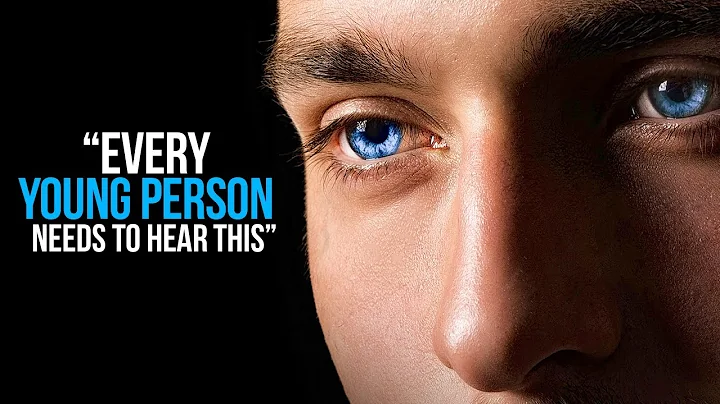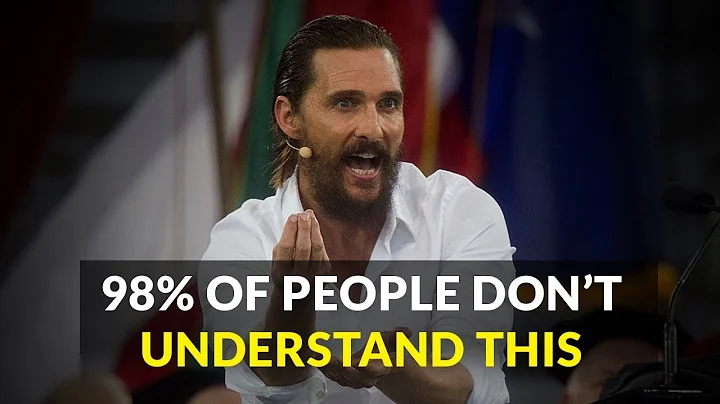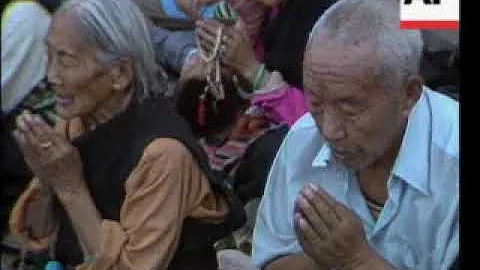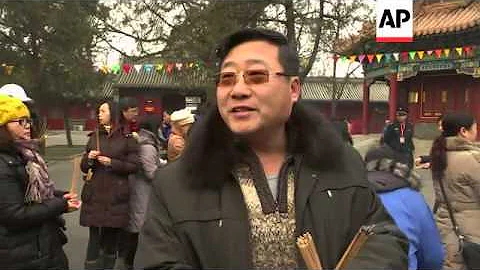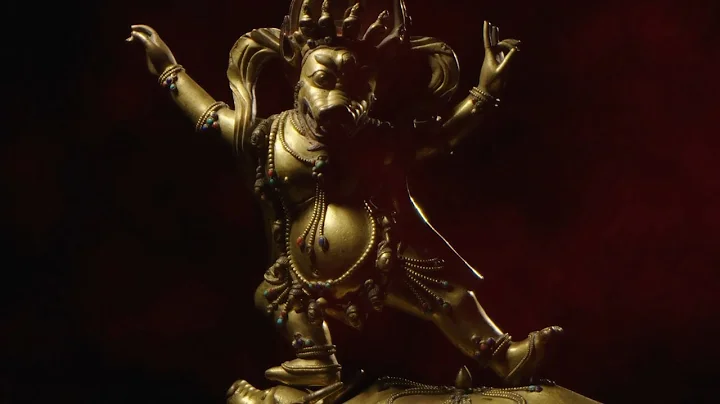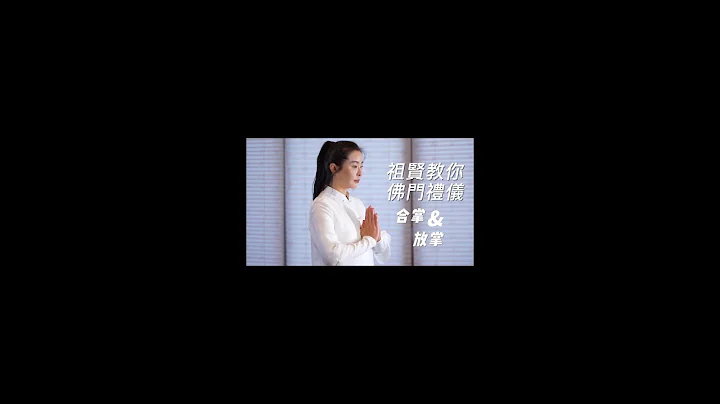Several practitioners have told me, Master, don't mention in your articles that you have no moral practice, don't always talk about your shortcomings, and talk about your joys, sorrows, and joys. You should talk more about your success in kung fu, so that others can see that you are an unfathomable person who is very spiritual. Only in this way will more lay people like to get close to and make offerings to the Master.
When I heard this, I really sighed. In "Lingfeng Zong Lun", it is said: "The saying goes: ' one can't sell a true load in three days, three fake ones can be sold in one day. ' I said: ' It would be better to sell one load in a thousand days. Really, I don’t want to sell thousands of loads of fakes in one day.'"
What people who study are most afraid of is being mixed with hypocrisy, so that they dare not reveal their shortcomings. We are completely ordinary people, and we are still ordinary people with desires. The so-called desires are lust, wealth, appetite, fame, and sleep. Since we are born in the desire realm, how could we not have these five desires?

Being a scholar and packaging yourself as a person who has no desires or desires will certainly attract some people to praise you, so you will gain fame and fortune. But unfortunately, if you are greedy for fame and fortune when you are practicing, it is like a knife that will cut off the good dharma of the practitioner. It is said in "Youbu Vinaya": "Reputation and profit, which are loved by fools, can harm the good dharma, just like cutting off a person's head with a sword."
During the Republic of China, Yin Guang, an eminent monk, once said in "Fu Ye Fu Bei Layman's Book One" To: "Whether you are at home or in the nunnery, you must respect your superiors and inferiors. You can endure what others cannot endure, and what others cannot do. The beauty of adulthood is to work for others. Sit quietly and think about your own mistakes, and talk regardless of the faults of others. "
And what is said in the article The quote " sit quietly and think about your own mistakes, and don't talk about others' faults in small talk" comes from "Maxims Lianbi" written by Jin Ying of the Qing Dynasty. The original text is: "Sit quietly and think about your own faults, and don't talk about others' faults. Being able to suffer is a person with lofty ideals, and being willing to suffer is not an idiot. Respecting gentlemen shows virtue, and fearing villains is not considered incompetent. Take a step back, the sky is high, and let three points Be calm. If you want to make progress, you need to think about regressing. If you start, think about letting go. If you are successful, you should not go back to the past. You should have more steps to do everything."
Sit quietly and think about your own faults. Don't talk about the rights and wrongs of others. This is easy to say, but really If it is to be done, it may be difficult to achieve without putting in some real effort.

Because many practitioners in the world like to show off their strengths in front of others, and they have to pretend to have some strengths that they don’t have. How can we be willing to reflect on our own mistakes? Since you don’t reflect on your mistakes, how can you reveal them in front of others?
said in "Proverbs Lian Bi · Connecting Things": " likes to hear the faults of others, not as much as one likes to hear about one's own faults; it is better to enjoy the good deeds of others than to enjoy the good deeds of others. " It is better to like to hear about the faults of others than to like to hear about others' faults. To criticize one's own faults and to praise one's own good deeds, it is better to praise the good deeds of others.
The eminent monk Yin Guang also said in "Fu Ye Fu Bei Layman's Book 1": "I often feel ashamed and repentant. Even if I practice, I always feel that my skills are very shallow and I don't boast about myself. I only care about my own family. Regardless of others. Only look at good things, not bad things. Look at all people as bodhisattvas, but I am an ordinary person."
And a person who loves to boast is definitely not a truly cultivated person. Just as Hu Hong of the Song Dynasty said in "Beard Zhiyan · University": " If you are too high, you will be in danger, and if you are complacent, you will overflow. " People who think they are tall must be very dangerous. If you think you are satisfied, you will definitely not be able to maintain your existing achievements.

You must know that "no one is a saint, and no one can have faults." Only a person who is truly willing to show his flaws and faults in front of you is a real and unhypocritical person. When a person shows off his advantages so much that you can't see any of his shortcomings, then you have to be careful about this person to avoid being deceived by him.A true practitioner should not always think about finding a master who has the skills to practice. Remember, whether you practice kung fu or not is up to the master and has nothing to do with you. What you should be looking for is the master’s insights, not the practice of kung fu.
If you blindly focus on practicing Kung Fu but not on insights, you will often be easily deceived. Moreover, Ming Dynasty eminent monk Ou Yi said in "Lingfeng Zong Lun": "There is a saying: 'You can't tell lies in front of real people.' Today, you can't tell truth in front of fake people, sad man! "
This means, During the Ming Dynasty, many Buddhist practitioners had appeared. No one would listen to the truth, but most practitioners were willing to listen to lies.



